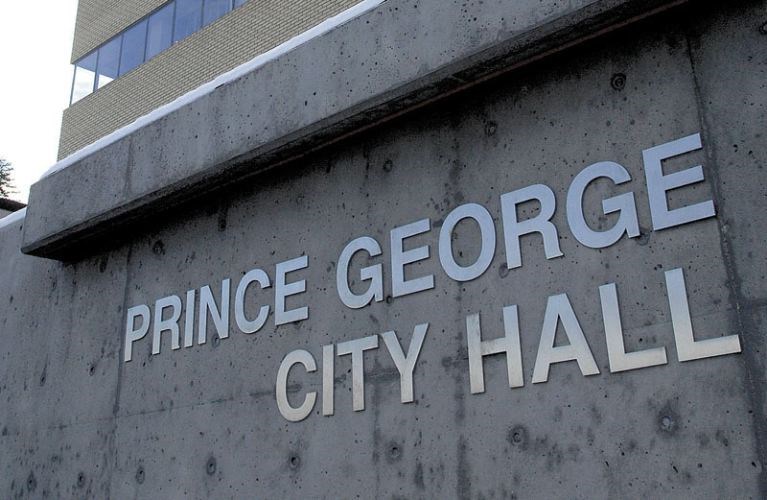The city is offering a mea culpa to a Lower College Heights neighbourhood after unauthorized work was completed in a local park.
Residents were called to a public meeting Tuesday evening to get an explanation and an apology for what happened in North College Park along Eton Avenue, said general manager of planning and development Ian Wells.
"The city's parks and recreation plans indicate that we should look at portions of undeveloped park or greenspace for potentially repurposing the sites," said Wells.
But the work in North College Park jumped the gun, with the regular process not being followed, he said.
"We were going to seek council's approval to go to the neighbourhood and talk about potentially using a portion of the site for future development," said Wells.
At the beginning of the month a contracted crew went in to the northwestern section of the park and conducted geotechnical tests to see if there were any slope stability issues and to determine if the land was suitable for another use.
A small portion of trees in the approximately 14-hectare park were also cleared to create test holes to look at the soil, said Wells, who didn't have a figure for the cost of the work. The city is looking at replanting options such as community tree planting programs.
"(Council) hadn't given us approval to meet with the neighbourhood to talk about disposing of the park or any potential uses," he said, citing a miscommunication about the administrative process and the contractor's rights.
The city is not moving forward with any work on the park, said Wells, though part of Tuesday's meeting was meant to seek input from residents on what they envision for the space.
Any potential redevelopment also has to follow a formal rezoning process, which also includes public input opportunities.
There isn't much investment in parks during the budgeting process, said Wells, leaving staff to look at rejigging land to sell off to fund park improvements.
"There's parkland we need to replace equipment on or we need to actually build a park in a neighbourhood," Wells said.
"So that was the idea - to look at lands that were underutilized and work with the community to identify what are the improvements they'd like to see in their neighbourhoods and find ways to fund them."



